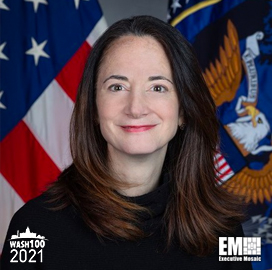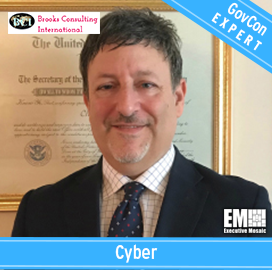 The U.S. Digital Service released its first report to Congress under the Trump administration, detailing its progress on 10 projects to modernize digital functionality within Federal departments.
The U.S. Digital Service released its first report to Congress under the Trump administration, detailing its progress on 10 projects to modernize digital functionality within Federal departments.
Projects include the General Services Administration™s common identity project login.gov, modernizing the Small Business Administration’s certify site, simplifying the Department of Veterans Affairs™s Vets.gov, sponsoring “hack the Pentagon” challenges, and more. Previously they helped with launching code.mil, the Pentagon’s open source site.
As of June 2017, the USDS has active teams at seven federal agencies: the Department of Defense, the Department of Veterans Affairs, the Department of Homeland Security, the Department of Health and Human Services, the Department of Education, the General Services Administration, and the Small Business Administration. USDS has previously worked with the Social Security Administration, the Department of State, the Department of Justice, and the Department of Treasury.
“With funding from the Information and Technology Oversight and Reform (ITOR) Fund, USDS was able to hire more than 200 individuals to serve for limited tours of duty in government to work toward this transformation,” stated acting Administrator Matthew Cutts stated in a letter accompanying the report. “USDS talent ranges from Silicon Valley engineers who hail from more than 50 top technology companies to professional ˜bureaucracy hackers™ from within the Government and experienced procurement specialists. We™re capitalizing on opportunities to partner directly with agencies and others in the Federal space to untangle the most vital government services on which Americans rely. USDS continues to prioritize projects based on three criteria: what will do the greatest good for the greatest number of people in greatest need, how effective and cost-efficient the USDS investment will be, and the potential to use or reuse a technological solution across the Government.”
The last report updating Congress on USDS’s activity was released in December 2016. They were launched in 2014 under President Barack Obama. USDS reports directly to the acting Deputy Director of Management at OMB and is a member of the American Technology Council.
œUSDS continues to prioritize projects based on three criteria: what will do the greatest good for the greatest number of people in greatest need, how effective and cost-efficient the USDS investment will be, and the potential to use or reuse a technological solution across the government,” states the report.





